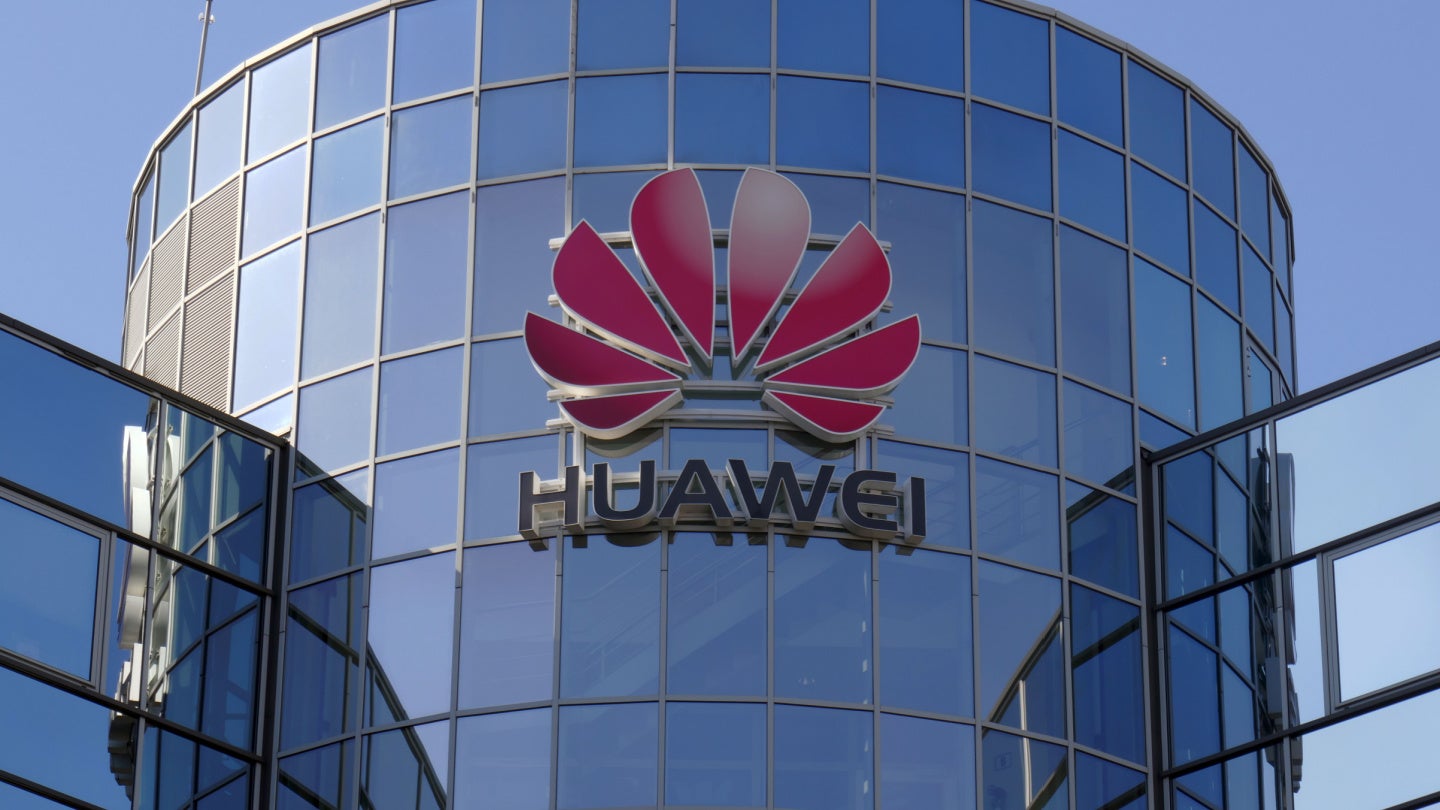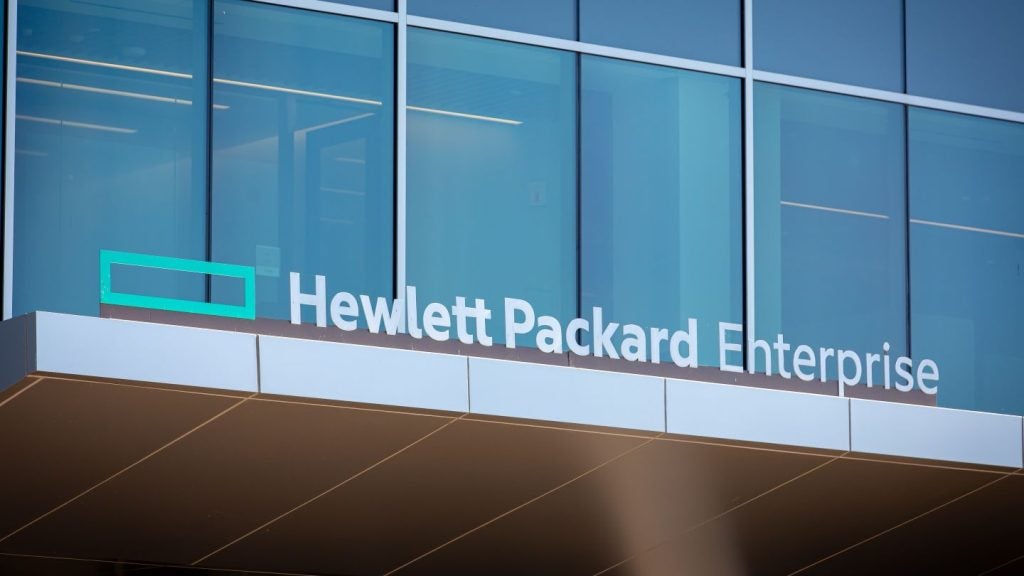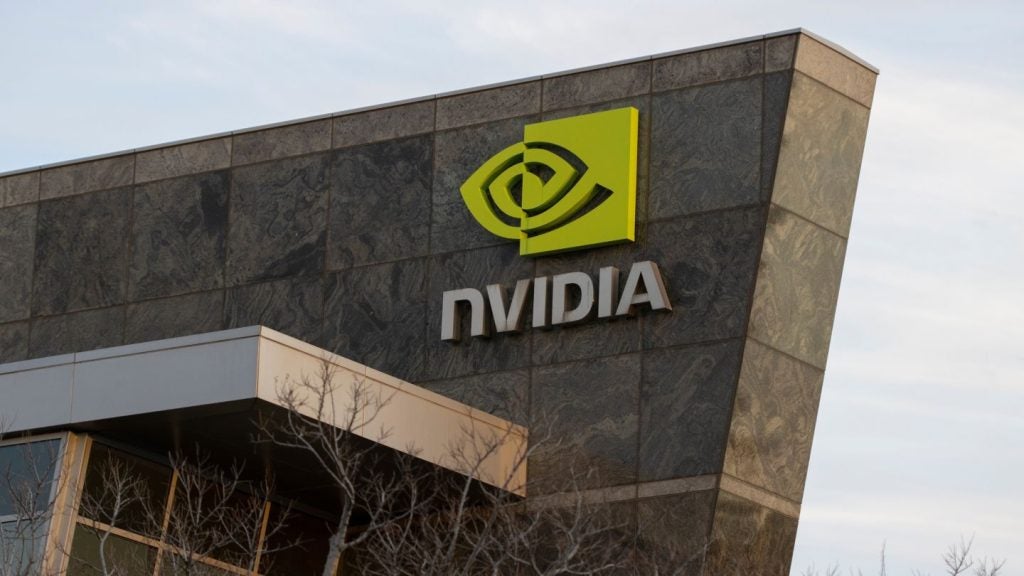
Huawei announced earnings for the first three quarters of 2023 today (27 October) and had significant growth despite US import sanctions against China.
During these quarters, Huawei recorded a revenue of 456bn Yuan ($62bn) with a YoY increase of 2.4% and a net profit margin of 16%.
Huawei’s current chairman Ken Hu stated that the company’s performance was in line with expectations.
Hu stated: “Moving forward, we will continue to increase our investment in R&D to make the most of our business portfolio and take the competitiveness of our products and services to new heights.”
Recent reports state that Huawei has plans to double its exports of smartphones up to 70 million units by 2024.
Despite these ambitions, Huawei’s abroad presence has continued to be under tight scrutiny since the US passed the Science and CHIPs Act in 2022.
GlobalData analyst Michael Orme spoke on the US’s intentions over Huawei and China tech.
“The US isn’t done with Huawei yet,” Orme stated, noting that Huawei continues towards its goal to dominate the smartphone market like it did in the late 2010s.
Orme stated that it was very likely that the US would align itself closer with Japan to block supplies of vital materials and chemicals involved in the chip-making process. Further, Orme also pointed out that new restrictions on DUV lithography systems used to create microchips would also go into effect from next January.
“Otherwise, Huawei would have a golden opportunity to buy up market share and presence on the back of as much loss leading is required, given its backup resources as a key part of China, as its competitors struggle,” Orme concluded.
An opportunity, Orme stated, Washington would not like to see happen.







